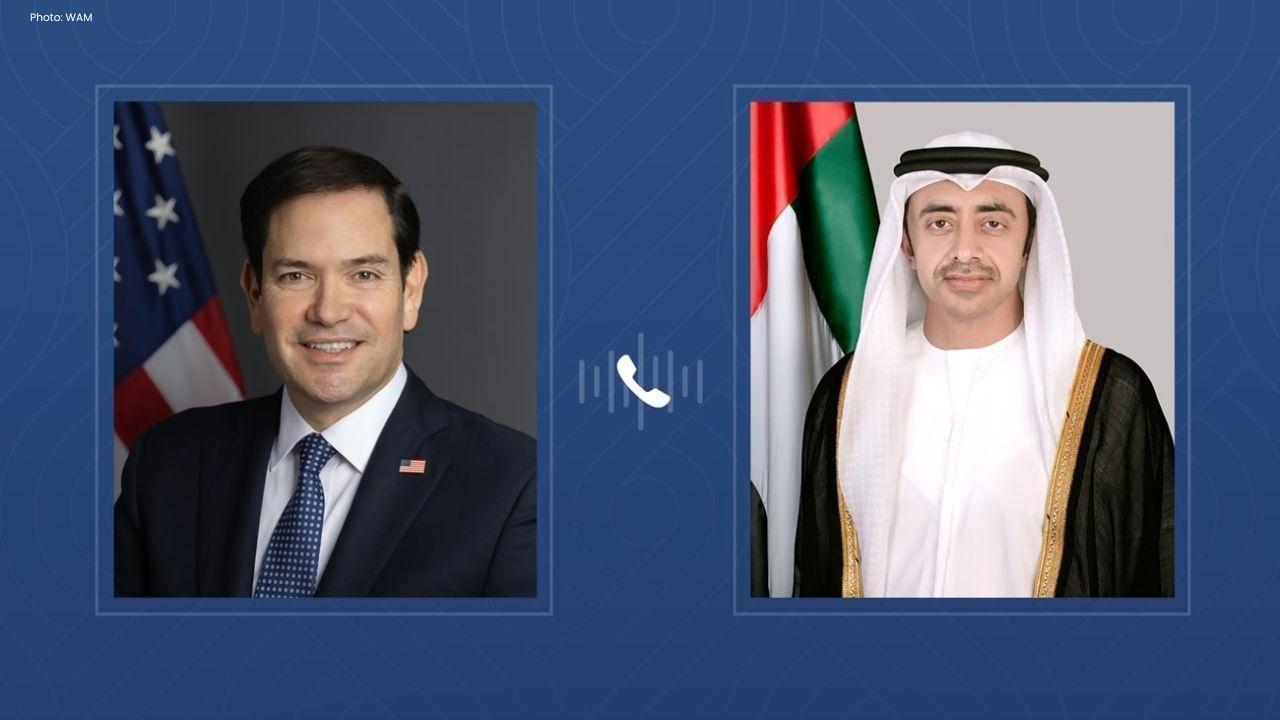
Post by : Anees Nasser
The UAE has long been at the forefront of technological innovation, with groundbreaking projects in finance, energy, space, and artificial intelligence. Now, the country is preparing for another landmark achievement: the introduction of the region’s first AI-powered virtual lawyer. This new concept is not just a futuristic addition to the justice system but a potential game-changer for how ordinary people and businesses approach legal challenges. By integrating AI into law, the UAE is signaling a bold transformation where justice becomes faster, cheaper, and more accessible to all.
The legal world has often been slow to embrace technological change, largely due to the complexity of laws, the nuances of interpretation, and the high stakes involved in disputes. However, the UAE’s new initiative is rewriting this script. The AI virtual lawyer is designed to perform essential tasks like answering legal questions, reviewing contracts, providing advice on regulatory matters, and even drafting basic legal documents.
Powered by advanced natural language processing, the system can understand queries in both Arabic and English, making it culturally inclusive and regionally relevant. What makes this project particularly groundbreaking is that it doesn’t seek to replace human lawyers but instead supplements their expertise, offering instant and affordable guidance to individuals who may not have the resources for traditional legal services.
One of the biggest challenges in legal systems worldwide is accessibility. For many, hiring a lawyer is too expensive, too time-consuming, or simply intimidating. The UAE’s AI lawyer seeks to change this by offering low-cost or even free access to essential legal knowledge.
Imagine a small business owner in Dubai struggling to understand a contract clause, or a resident facing tenancy issues. Instead of paying large sums or waiting days for consultations, they could log into the AI platform, ask their question, and receive immediate guidance. This could reduce reliance on costly legal consultations for minor or repetitive issues, allowing human lawyers to focus on complex cases where their expertise is most needed.
Contracts are at the heart of business, and misunderstandings often lead to disputes. The AI virtual lawyer can analyze contracts line by line, highlight potential risks, and explain terms in plain language. For expatriates living in the UAE, who often face language barriers, this feature will be especially valuable. By simplifying legal jargon into clear explanations, the AI tool makes contracts less intimidating and easier to understand, thereby reducing the risk of disputes escalating to courts.
Of course, with technology playing such a sensitive role, concerns about data privacy, security, and ethics are inevitable. Legal conversations involve highly confidential details, and citizens will need reassurance that their data is secure. Authorities have emphasized that the AI lawyer will follow strict data protection protocols, using encrypted systems to ensure client confidentiality.
There is also the ethical question of how far AI should go in replacing human judgment. While AI can analyze patterns and provide recommendations, law often deals with human emotions, cultural nuances, and moral dilemmas that require empathy and discretion—qualities that remain uniquely human. The UAE’s approach appears to be one of balance, ensuring AI supports the system without undermining human oversight.
For lawyers, the rise of an AI counterpart may appear threatening at first. However, experts suggest that it will ultimately create more opportunities than risks. By automating repetitive tasks like form-filling, compliance checks, or preliminary advice, lawyers can dedicate their time to strategy, negotiations, and court representation—areas where human skills remain irreplaceable.
This could also open new career paths for legal professionals specializing in AI law, technology regulation, and digital ethics. Law firms in Dubai and Abu Dhabi are already exploring collaborations with tech companies to integrate AI into their practice.
The launch of an AI lawyer is not just about justice—it has wider economic and social implications. Startups and SMEs, which make up a significant portion of the UAE’s economy, often face legal hurdles that slow down growth. By providing affordable legal support, the AI lawyer can encourage entrepreneurship, making it easier for new businesses to set up and thrive.
Socially, it ensures that justice is not limited to those who can afford high fees. Migrant workers, domestic employees, and middle-income families will be among the biggest beneficiaries, as they can seek legal help without worrying about financial strain. This aligns with the UAE’s broader vision of inclusivity and fairness in its legal and governance frameworks.
Being the first in the region to adopt such technology, the UAE is setting a precedent that other Middle Eastern countries may soon follow. The legal technology industry is booming globally, and with this move, the UAE positions itself as a regional hub for legal innovation.
International investors are also likely to view this development positively, as it reflects the country’s adaptability and commitment to business-friendly practices. Just as Dubai became a hub for fintech and smart governance, this initiative could make the UAE a leader in legal tech, attracting talent, startups, and international firms to its ecosystem.
The arrival of the AI virtual lawyer is more than a technological upgrade—it represents a cultural shift in how people perceive justice. The traditional image of law being slow, expensive, and intimidating could soon be replaced with a system that is fast, affordable, and approachable.
If successful, this initiative will not only strengthen public trust in the legal system but also redefine how justice is served in the digital age. The UAE has shown time and again that it is unafraid to push boundaries, and the AI lawyer is the latest example of its forward-looking vision.
This article is based on current developments and projections regarding the UAE’s introduction of an AI-powered virtual lawyer. While it highlights potential benefits and implications, actual outcomes may vary depending on regulatory approvals, technological advancements, and societal acceptance.










Curry Powers Warriors to Nail-Biting 109-108 Victory Against Spurs
Stephen Curry's 49 points propel the Warriors to a dramatic 109-108 NBA Cup triumph over the Spurs,

India Advances to Semi-Finals After Thrashing USA in Women’s Blind T20 World Cup
India secured a dominant ten-wicket victory over the USA, advancing to the semi-finals in the Women’

South Africa's Early Advantage as India Struggles on Day Two
On Day Two, India reached 138-4 as South Africa took three early wickets, complicating matters with

Kenta Nishimoto Defeats Lakshya Sen in Japan Masters Semifinal
Lakshya Sen's journey in the Japan Masters ends after losing to Kenta Nishimoto 19-21, 21-14, 12-21

Kenta Nishimoto Defeats Lakshya Sen in Japan Masters Semifinals
Lakshya Sen's run at the Japan Masters concludes with a loss to Kenta Nishimoto in the semifinals, 1

Major IPL Trade: Jadeja Joins Royals as CSK Signs Samson
In a significant IPL trade, CSK has acquired Sanju Samson from Rajasthan Royals in exchange for Ravi